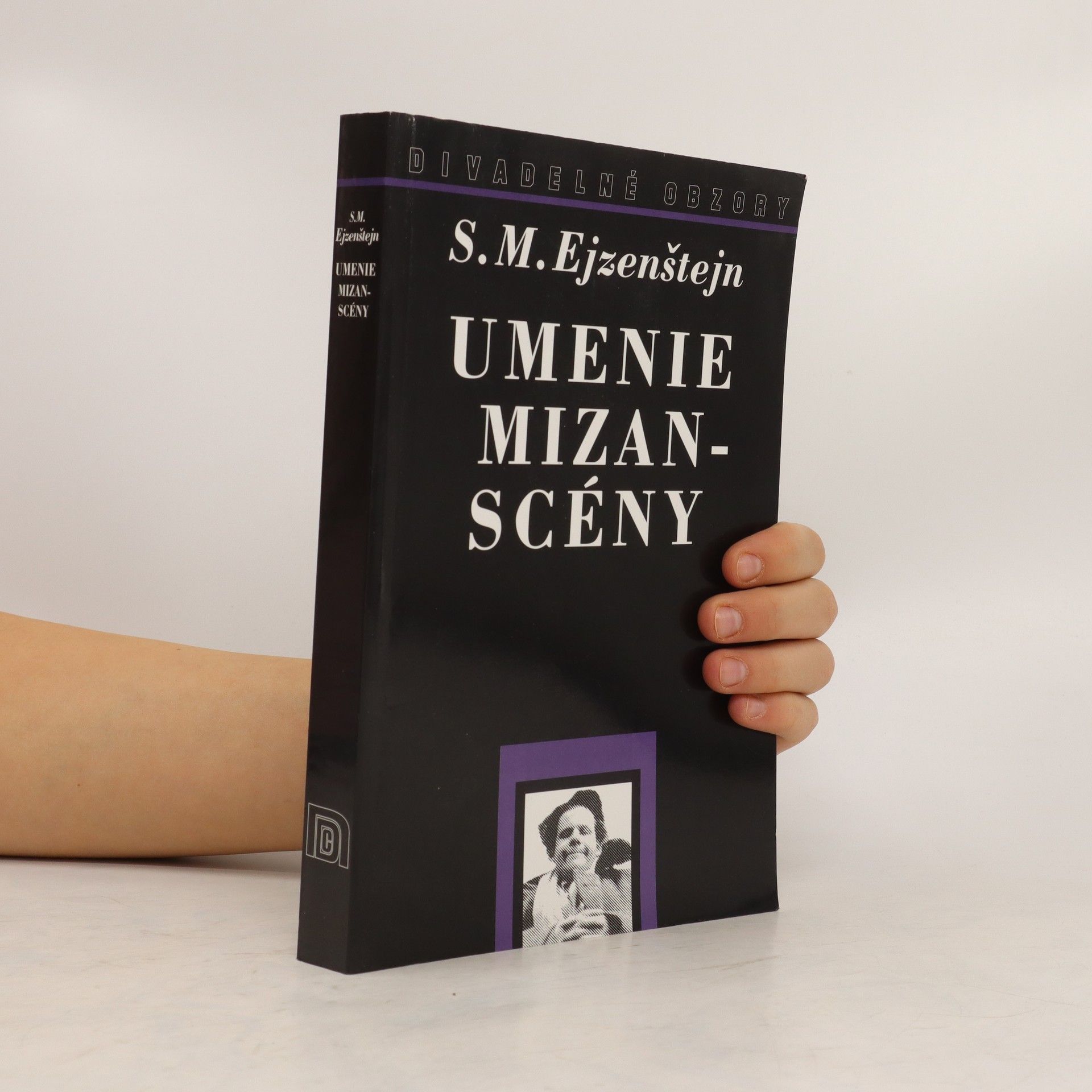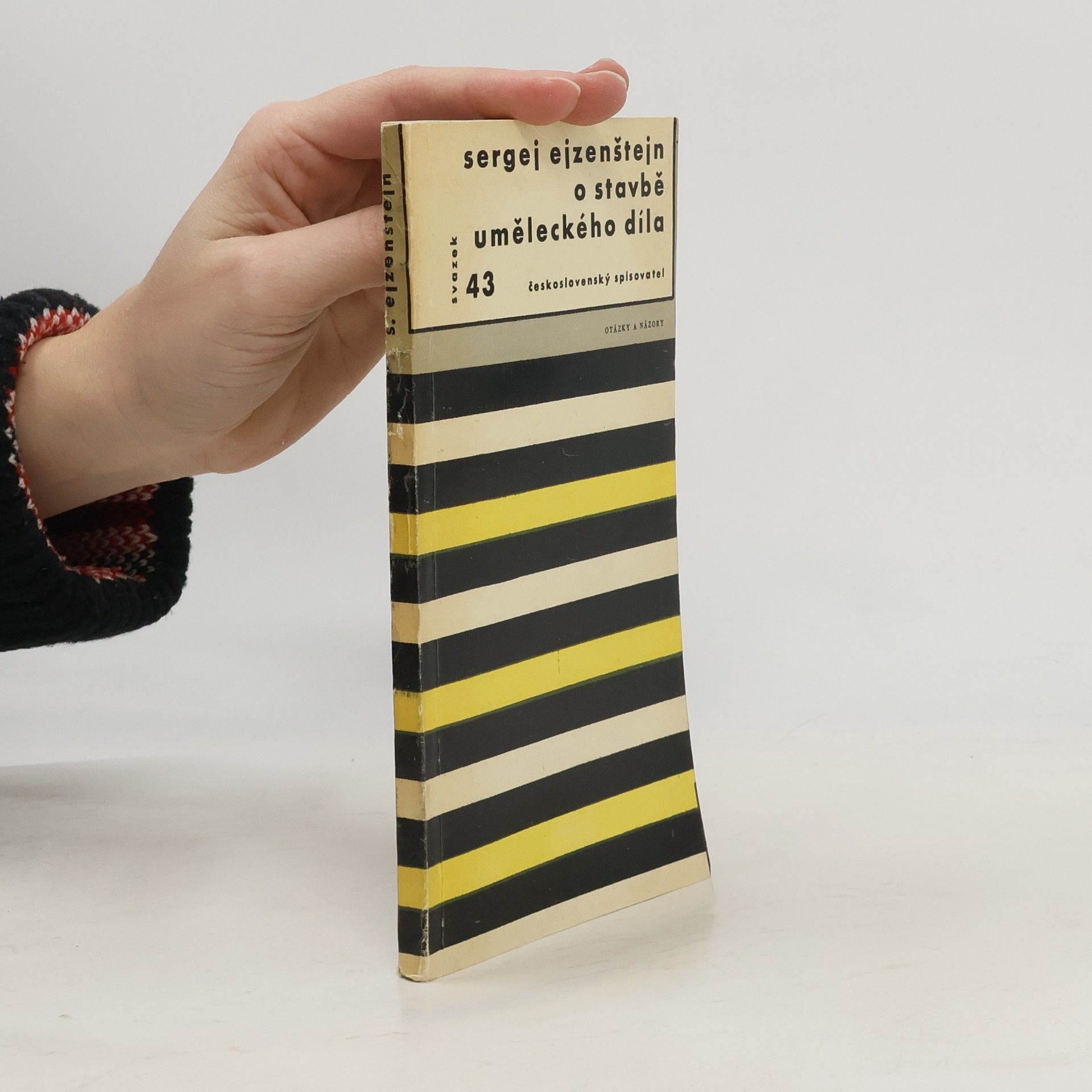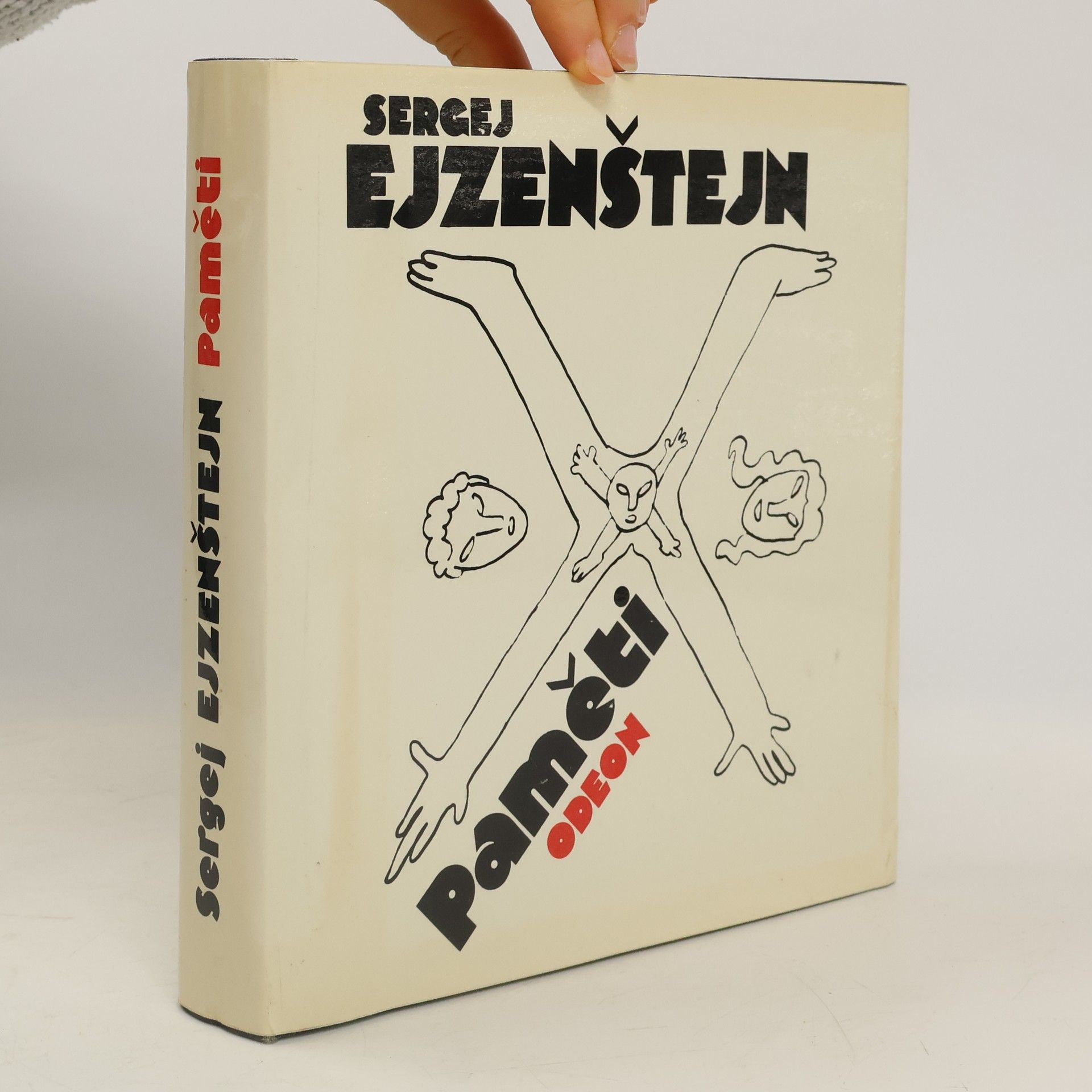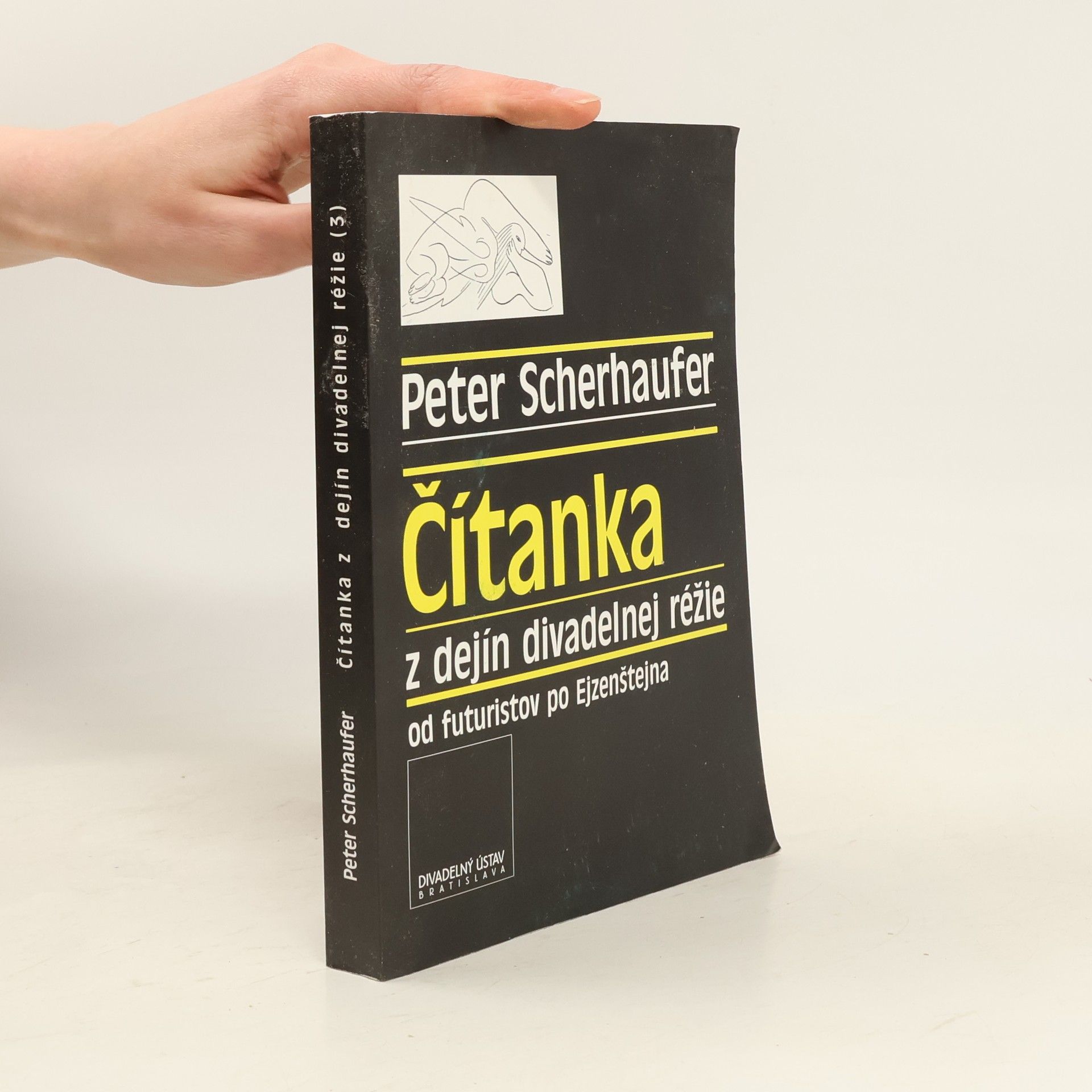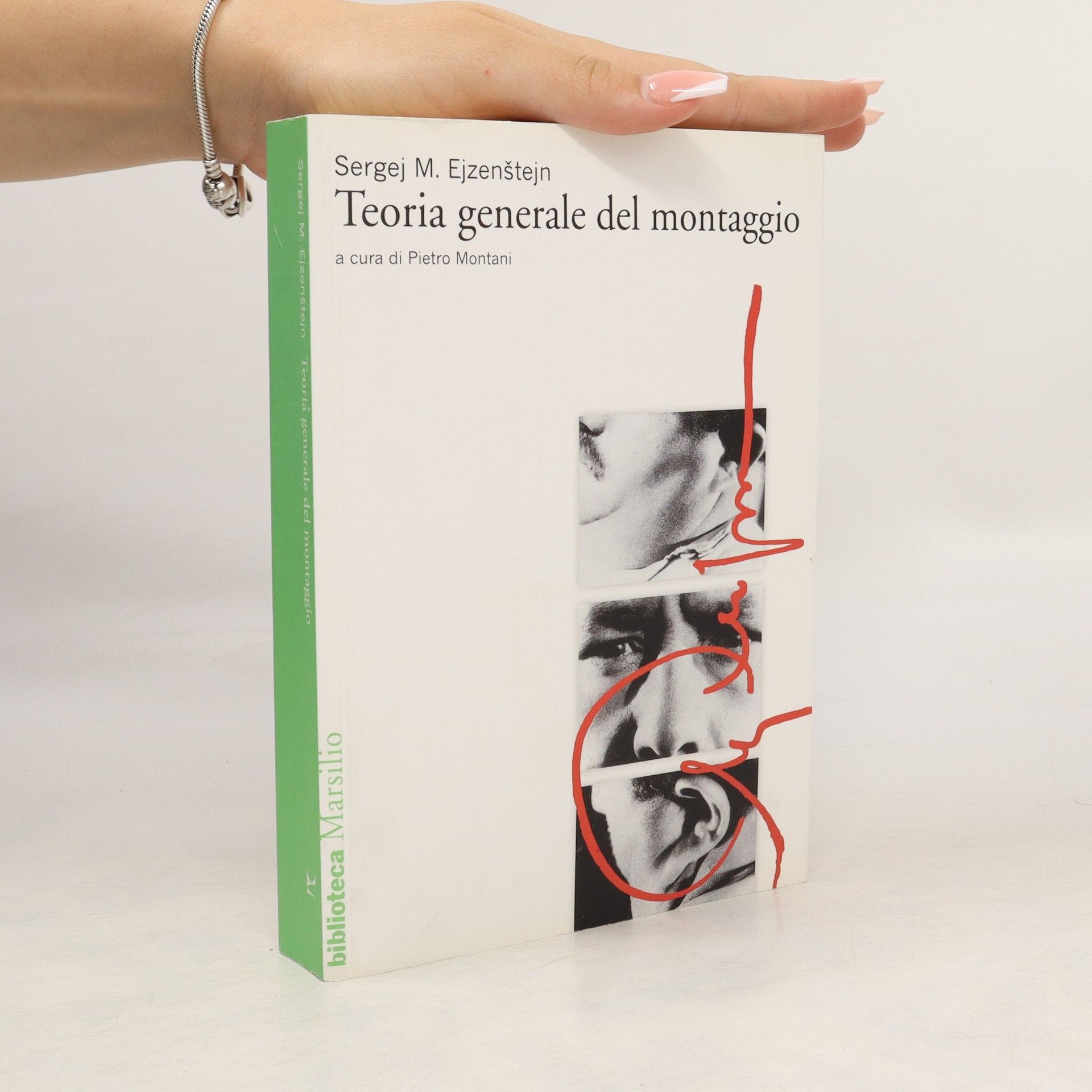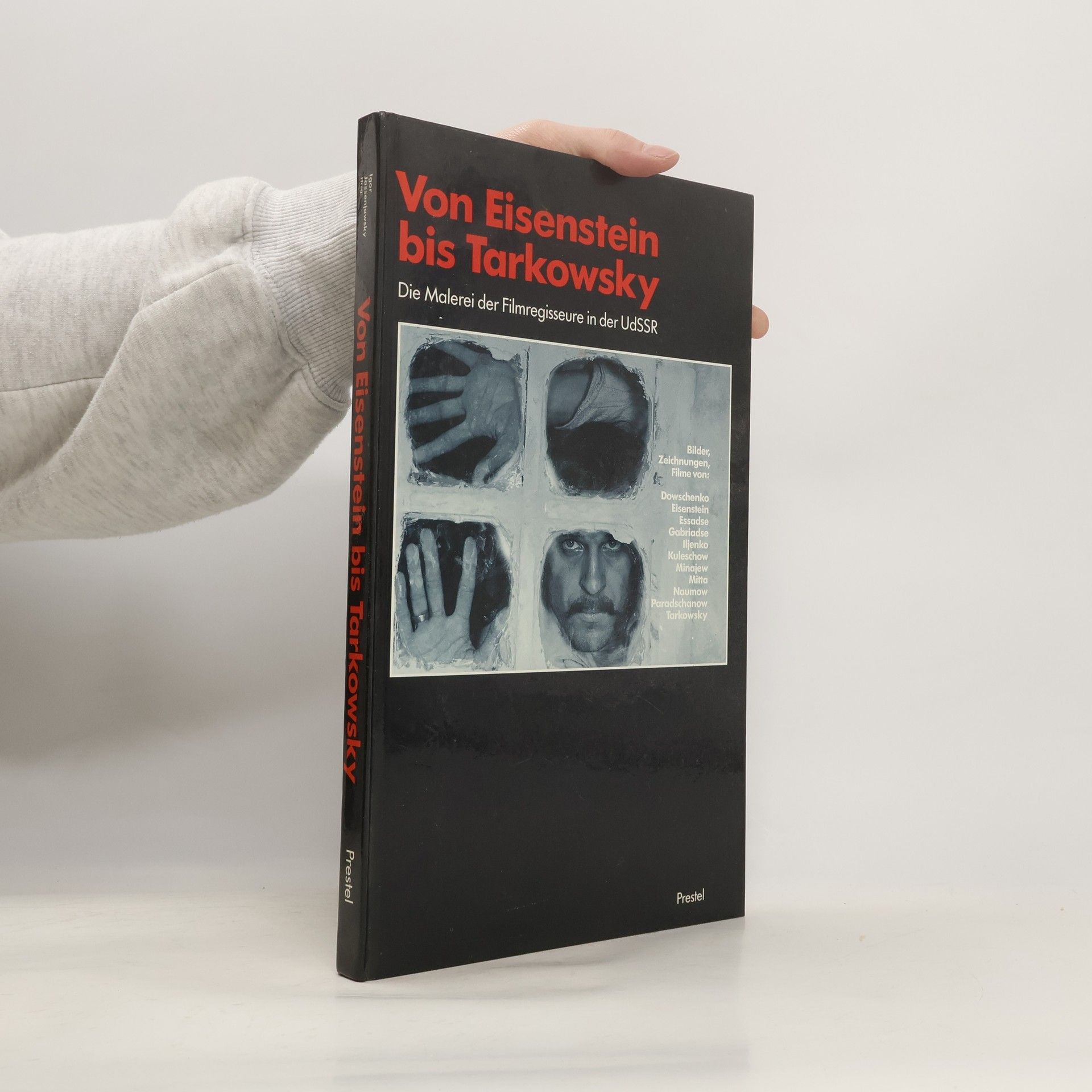Umenie mizanscény II.
- 261 stránok
- 10 hodin čítania
Útok na Zimný palác... zbesilý pád detského kočíka na schodoch... zábery, ktoré preslávili ich tvorcu, legendárneho režiséra Sergeja Ejzenštejna. Menej známe u nás sú jeho eseje o divadle, ktoré odkrývajú originálne myslenie veľkého umelca. Jeho Umenie mizanscény II. pozostáva z dvoch častí. Prvá je pokračovaním divadelných úvah prvého zväzku a obsahuje najmä rozbory konkrétnych divadelných textov. Druhá časť sa venuje filmu a rieši predovšetkým teoretické otázky montáže. Publikácia je preto veľmi žiadaná aj filmármi a odborníkmi z oblasti filmu. Prvý diel publikácie sa vypredal v rekordnom čase a druhý patrí takisto k bestsellerom.


